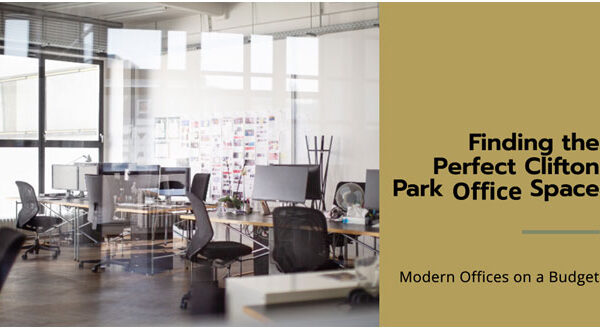
Matching a landlord and tenant in the commercial real estate process can be difficult unless you have a lease type that benefits them both. Both parties have their own priorities. The tenant, for example, wants to negotiate the best deal they can on rent. The landlord, on the other hand, is interested in the income from rent and maintaining the control of expenses. Due to the needs of both parties involved it’s important that you use the right type of lease when bringing an offer to the negotiating table. Commercial leases have a tendency to to be more complicated because there are many considerations to take into account.In direct contrast, residential leases tend to be less complicated. The tenant handles their rent and utilities (minus sewer) and the landlord handles all other expenses.
Lease types tend to be determined by the kind of tenant business:
- Manufacturing businesses – a manufacturing business such as a heavy machinery shop or an automotive shop tend to dip heavily into utility costs. Also, due to the nature of these businesses, there is natural wear and tear on the commercial property for rent. More than likely constant repairs will be an issue. Landlords tend to use triple net leases in situations such as these, though modified net leases can also be utilized.
- Retail businesses – many retail business owners have to deal with sales shifts throughout the year due to multiple factors. For example, a store may not make nearly as much during the summer as they would during winter due to the Christmas season. Because of these factors, tenants have a preference for low lease payments during the times of year that they have slower business and switch to higher payments during high cash flow months. This is known as a percentage lease.
- Offices With Consistent Clients – many consultants, accountants, and attorneys use the gross leasebecause they’re typically interested in only paying a fixed amount every month, much like a residential lease. On top of the fixed amount, they may have to pay utilities. All other expenses fall upon the landlord.
Full-Service Lease Gross Lease
Lease Types
- Gross Lease/Full-Service Lease – with the gross lease, the rent is all-inclusive. This is a very tenant-friendly lease because the landlord covers all or most of the expenses associated with the property. These expenses include:
- Taxes
- Maintenance
- Insurance
It’s advised that when you’re negotiating the terms of a gross lease, you inquire into the kinds of janitorial services provided and the frequency of such services. Keep in mind that all excess utility consumption, beyond the regular use of the business, might fall back to the tenant. The tenant covers their own taxes and insurance. Smaller companies can benefit from this type of lease because it allows them to predict future expenses and focus on the business itself.
- Net Lease – The net lease is broken down into multiple subcategories, but with this kind of lease, the landlord charges a lower rent for the commercial space for rent in question and also covers the other expenses associated with the maintenance, operations, and use of the premises. These include:
- Property insurance
- Real estate taxes
- Common area maintenance items (CAMS)
- Janitorial services
- Sewer
- Water
- Trash collection
- Landscaping
The Net Lease is further broken down:
- Single Net Lease (N Lease) – the tenant covers the base rent as well as a pro-rata share of the property taxes associated with the building. This means that the tenant must also tack on an expense for the proportion of total building space of the building they are leasing. The tenant must also cover janitorial services and utilities.
- Double Net Lease (NN Lease) – the tenant includes the base rent as well as a pro-rata share of the property taxes associated with the building. They must also cover property insurance. It falls upon the landlord to cover common area maintenance. It’s still the responsibility of the tenant to cover the utilities and janitorial services.
- Triple Net Lease (NNN Lease) – AKA the net netnet lease (or NNN lease), the triple net lease involves the tenant paying all or a portion of all of the net expenses:
- Property taxes
- CAMS
- Insurance
The Triple net lease is the most popular of all the net lease types for retail spaces, such as office rentals, and commercial freestanding buildings. The tenant still covers janitorial services, insurance, taxes, and utilities. This kind of lease is more landlord friendly.
- Absolute Triple Net Lease -You can think of this lease as a far stricter version of the NNN lease. The tenant carries all risk associated with the office space for rent. They cover all expenses following a catastrophe and must pay even if the building has been condemned. This lease is fondly referred to as the “hell-or-high-water lease”.
- Modified Gross Lease – the modified gross lease is both a tenant and landlord friendly agreement. In this kind of lease, the rent is requested in a single lump sum. This can include all of the previously covered nets, insurance, CAMS, and property taxes. The tenant and landlord can negotiate which “net” is included in the base rent.
If you’re out hunting for an office space for lease, or any other kind of commercial building, you want to make sure that you know all of your lease options. Depending on your situation, some lease types may be detrimental as opposed to others that can help you to grow due to the current financial position of your business. Remember to read your lease very carefully and ask questions of anything that you don’t understand.




